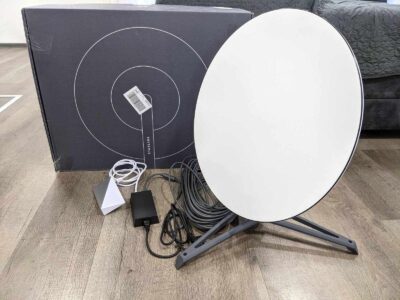By Ross Moyo
According to the Reserve Bank of Zimbabwe (RBZ), in the first five months of the year, “January to May 2024, remittances from diaspora Zimbabweans living outside the country rose 16% to $823 million.”
To show a steady continual rise, much of the “$1.9 billion in remittances sent into Zimbabwe last year were channeled through Mukuru,” the country’s biggest money transfer service, with rivals hellopaisa, Mama Money, and non-formal means accounting for a large proportion of the rest.
The country’s largest mobile money app, Mukuru also accounted for “seven million active customers”, across all its markets over the past 2023 , from Kenya to Lesotho, yet it only flies cash into Zimbabwe, which provides most of all of its business close to half its earnings.
The continent’s mobile money sector has grown rapidly over the last two decades, processing $912 billion a year, according to GSMA, a global research and lobby group for mobile operators.
Whilest most fintechs focus on sending money digitally, the ones in Zimbabwe also fill a different role, helping Zimbabweans get their hands on physical US dollars.
“The demand for dollars is massive in Zimbabwe,” said Ross Martin, the commercial manager for Africa for Travelex, one of the world’s biggest foreign exchange firms.
The country’s reliance on cash is also a headache for fiscal and monetary authorities, who want to urge local currency Zimbabwe Gold ZiG’s uptake so they can exercise more control over the economy. The authorities past failures are now causing them to hamper and try stop the parallel market trade for dollars.This desire toward cash does not only reflect concerns about the ZiG’s stability, as Zimbabweans have been beaten twice shy in the past after government’s history of converting foreign dollars held in banks into local currency without warning, and of imposing strict limits on withdrawals both of which have scared Zimbabweans away from the formal banking sector.












Comments